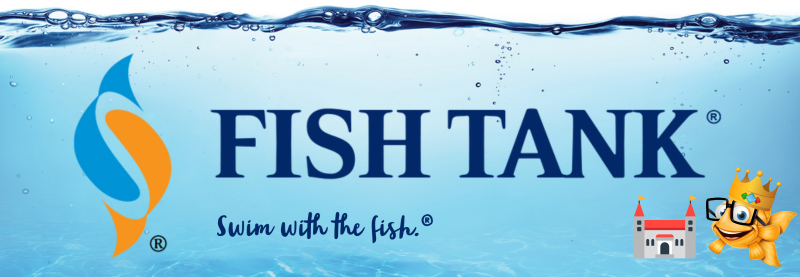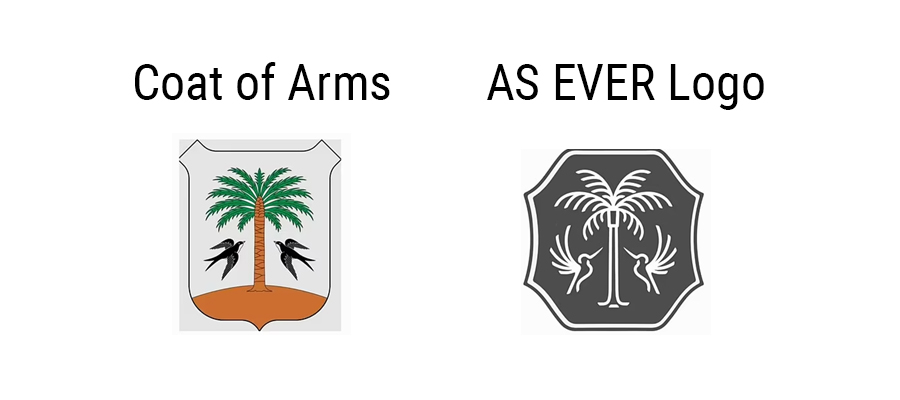Intellectual Property Insights from Fishman Stewart PLLC
Newsletter – Volume 25, Issue 10
Share on Social


Meghan (Markle) AKA the Duchess of Sussex goes from TV “Suits” to real life legal drama
Meghan Markle is perhaps the closest thing the US will have to royalty (not counting Queen Bey). Before her marriage into the British Royal Family, she starred in the TV legal drama “Suits”. Despite her pseudo-legal background in Suits, Meghan has been running into one issue after another in her efforts to register the trademark and logo for her new lifestyle company, for now, called “AS EVER”.
First, the company’s original name, AMERICAN RIVIERA ORCHARD, was refused registration. The U.S. Patent and Trademark Office (“USPTO”) considered the mark unregistrable because it was “primarily geographically descriptive of the origin of the goods and services.” Then, another party filed a letter of protest, claiming a likelihood of confusion with existing registrations for ROYAL RIVIERA.
In response, Meghan’s business rebranded with the mark AS EVER. However, the USPTO partially rejected one of these applications citing an existing registration for ASEVER, owned by a Chinese fast-fashion brand. Meghan’s business was able to overcome the refusal by deleting the clothing-related goods from its application. Now, her AS EVER applications are in various stages of publication, which is the next step in the registration process.
The AS EVER brand is not out of the woods yet. The publication period gives any party a 30-day window the ability to oppose registration if they believe they may be harmed by the registration of the published mark. Meghan’s AS EVER applications might be opposed by other parties who have been using the same, or similar marks, before Meghan filed to register her AS EVER marks. In particular, trademark lawyers and the media are watching out for any action by the New York Clothing company, As Ever NYC, which claims that it has used AS EVER as an unregistered trademark for clothing for several years, giving it priority over Meghan’s AS EVER mark (meaning the USPTO might not let Meghan’s AS EVER register), and raising potential claims for a violation of common law rights to the mark (meaning that litigation in federal court may be brewing).
To further complicate things, Meghan’s logo also has raised concerns by the mayor of Porreres, Majorca over similarities to the town’s historic coat of arms and requesting cessation of use. See the designs for yourself below:

The Mayor says the town does not have the budget to start formal legal action, but in the days of crowdfunding, and perhaps the appeal to trademark lawyers to take on a high-profile case for reduced rates or pro bono, that may change. We may see a legal battle between the Spanish government and the English crown on American soil.
It is not just Meghan’s intellectual property issues that have critics buzzing. Her company’s $28 jars of honey sold out in 5 minutes. Apparently, the product was oversold, and many customers never received their orders and then ran into difficulties communicating with As Ever’s customer service department.
Building something new—especially in the public eye—takes grit, vision, and a fair bit of courage. Meghan’s journey from a TV star, to a royal, to an entrepreneur is anything but ordinary, and whatever twists come next, she’s clearly not one to back down from a challenge. We look forward to seeing what she does next.
Tracy Zawaski is of counsel to Fishman Stewart and an experienced intellectual property attorney with expertise spanning across trademarks, copyrights, and technology, as well as IP consulting, transactional and e-commerce services.
Related Content from Fishman Stewart
People have long pondered whether or not the Giza pyramids were indeed solely burial chambers, which was the only known, and archaeologically determined, use—until now.
By 1930, efforts began in New York to replace Mother's Day with Parent's Day because men were more than just breadwinners. Those efforts didn't catch on, probably because in that era, women often spent more time in the home.
In February, Nike and Skims announced that they will be working together on a new brand, NikeSkims. The co-brand will create a new line of training apparel, footwear, and accessories specifically designed to meet the unique needs of women athletes.
Generally, federal courts have exclusive jurisdiction over copyright cases, and often, this presents an insurmountable paywall for individual artists and small businesses to vindicate their rights, especially where the value of the individual copyrighted works are relatively low.
Dedicated to raising public awareness about the importance of encouraging innovation and creativity throughout the world, the World Intellectual Property Organization (WIPO) annually observes World Intellectual Property Day on April 26 to showcase the role that patents, trademarks, industrial designs, copyrights and trade secrets play in our everyday lives.
Hold onto your foam fingers, sports fans – college sports just got a whole lot more interesting! The latest updates to Name, Image, and Likeness (NIL) rules are making student-athletes bigger than ever, and it’s not just about the game anymore.
Did a federal court in Louisiana recently decide that US copyrights are global rights? It seems so.
One of his most famous songs, “Lose Yourself” was recently at the center of a lawsuit. In 2019, Eminem’s publishing company Eight Mile Style sued Spotify claiming that Spotify streamed a number of its musical compositions without proper licenses.
One of the most common challenges is whether AI should be free to train on data that is protected by copyright and owned by third parties without first obtaining permission.
The U.S. Copyright Office (USCO) recently published its latest report on AI and “copyrightability.” In short, the USCO considers only some AI-generated works to be sufficiently creative as to deserve copyright protection, and thus, registration.
IDENTIFYING, SECURING AND ADVANCING CREATIVITY®














